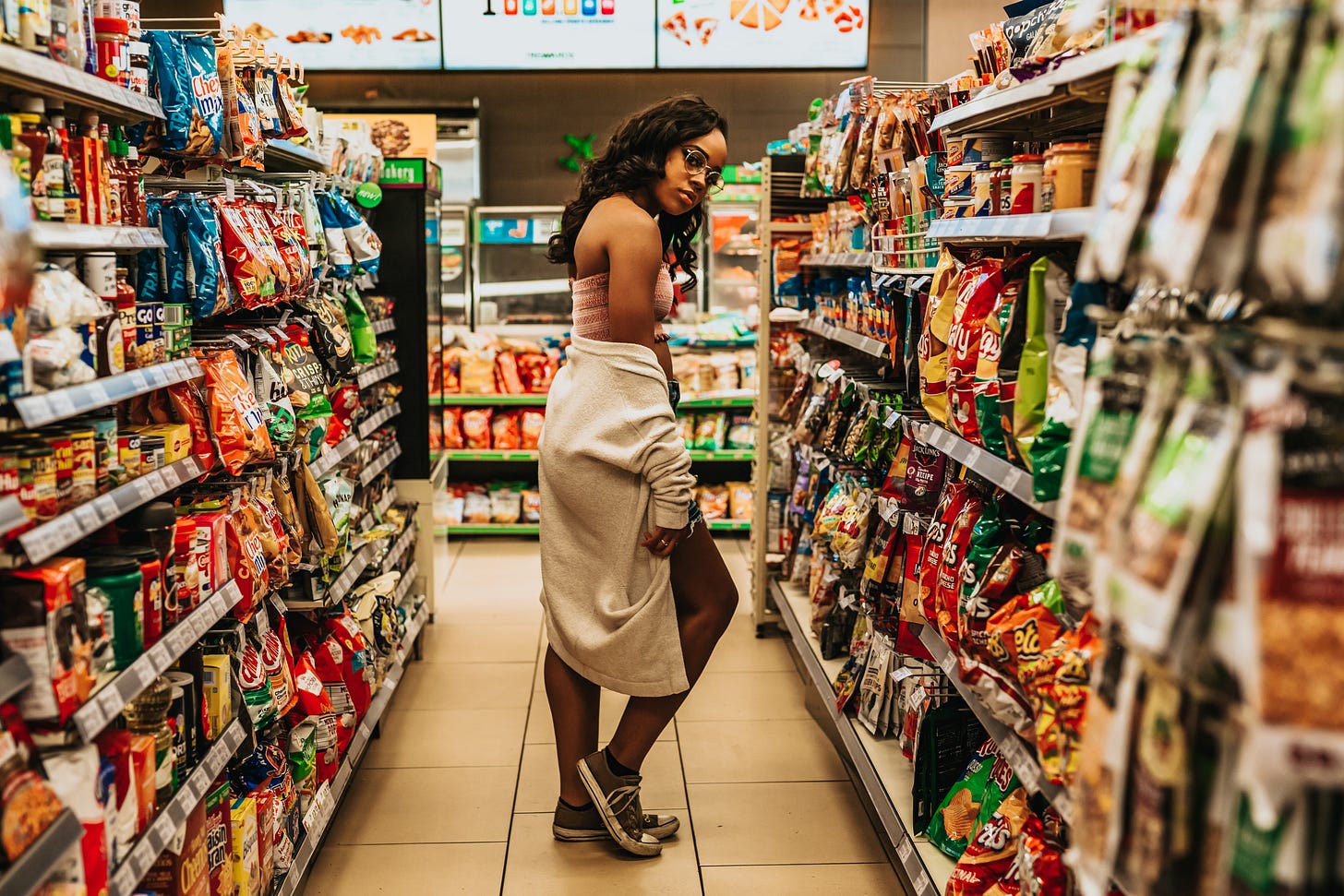A Change of Pace
'The greatest discovery of all time is that a person can change his future by merely changing his attitude' -Oprah Winfrey
Wow. We have a lot of new faces here. Welcome and thanks for joining my corner of the internet. Today, I want to talk about change.
Sometimes change is quiet, almost silent. It creeps up on you with the semblance of always being there—like the “freckles” that keep finding a home on my face the older I get.
But sometimes change announces itself. The feel…
Keep reading with a 7-day free trial
Subscribe to The Share to keep reading this post and get 7 days of free access to the full post archives.



